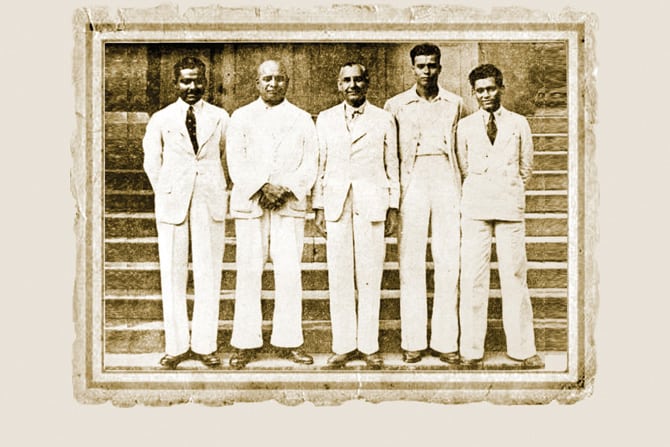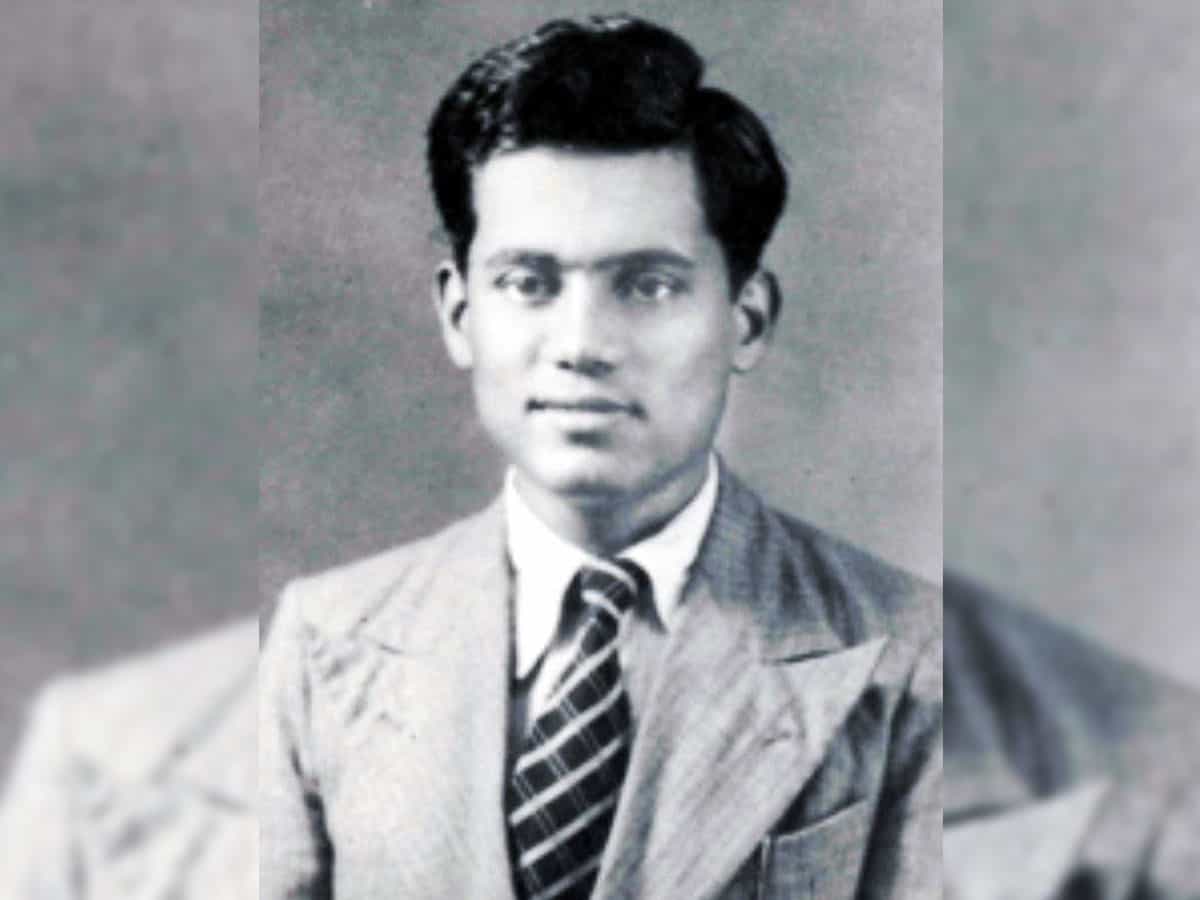Beijing: A bronze statue of Indian doctor Dwarkanath Kotnis, who is revered in China for his contributions, would be unveiled outside a medical school in North China next month, state-run Xinhua news agency reported on Thursday. During the Chinese revolution headed by its founder Mao Zedong and World War II, Kotnis saved hundreds of lives of Chinese soldiers.
From Solapur to China
From the 1930s to the 1940s, when India was struggling for Independence, China was facing invasion from the Japanese. Around this time, General Zhu De wrote to Jawaharlal Nehru, requesting for physicians to save the lives of Chinese soldiers.
After an appeal was made in the press by Netaji Subhash Chandra Bose, who was the president of the Indian National Congress, Dr. Kotnis sought permission from his family to volunteer. In September 1938, the Indian Medical Mission Team, including Dr. M Atal from Allahabad, Dr. M Cholkar from Nagpur, Dr. BK Basu and Dr Debesh Mukherjee from Calcutta, and Dr. Kotnis, was dispatched to China. His decision to brave the war-torn country proved to be a life-changing one.

While the other Indian doctors returned to India, Dr. Kotnis continued to serve the wounded in China. In 1940, he met a Chinese nurse, Guo Qinglan, at the Bethune Hospital. They married a year later and had a son, Yinhua, in August 1942. However, epileptic seizures led to Dr. Kotnis’s death in December 1942, leaving behind his widow and son.
Born in a middle-class Maharashtrian family from Solapur, Dr. Kotnis, 28, had graduated from the Seth GS Medical College in Mumbai.
In 1946, his life inspired the movie ‘Dr. Kotnis Ki Amar Kahani’, directed by V Shantaram. His life was also the subject of a 1986 Chinese film called ‘Kē Dì Huá Dài Fū.’
Kotnis’ medical assistance during the difficult days of the Chinese revolution was praised by Chinese leader Mao Zedong. Mao wrote in Kotnis’ eulogy that “the army lost a helping hand, the nation has lost a friend. Let us always bear in mind his international spirit.” His status and memorials were also set in some of the Chinese cities in recognition of his services.
The bronze statue of Kotnis, known in China as Ke Dihua, would be formally unveiled at the medical school at the Shijiazhuang in September.

